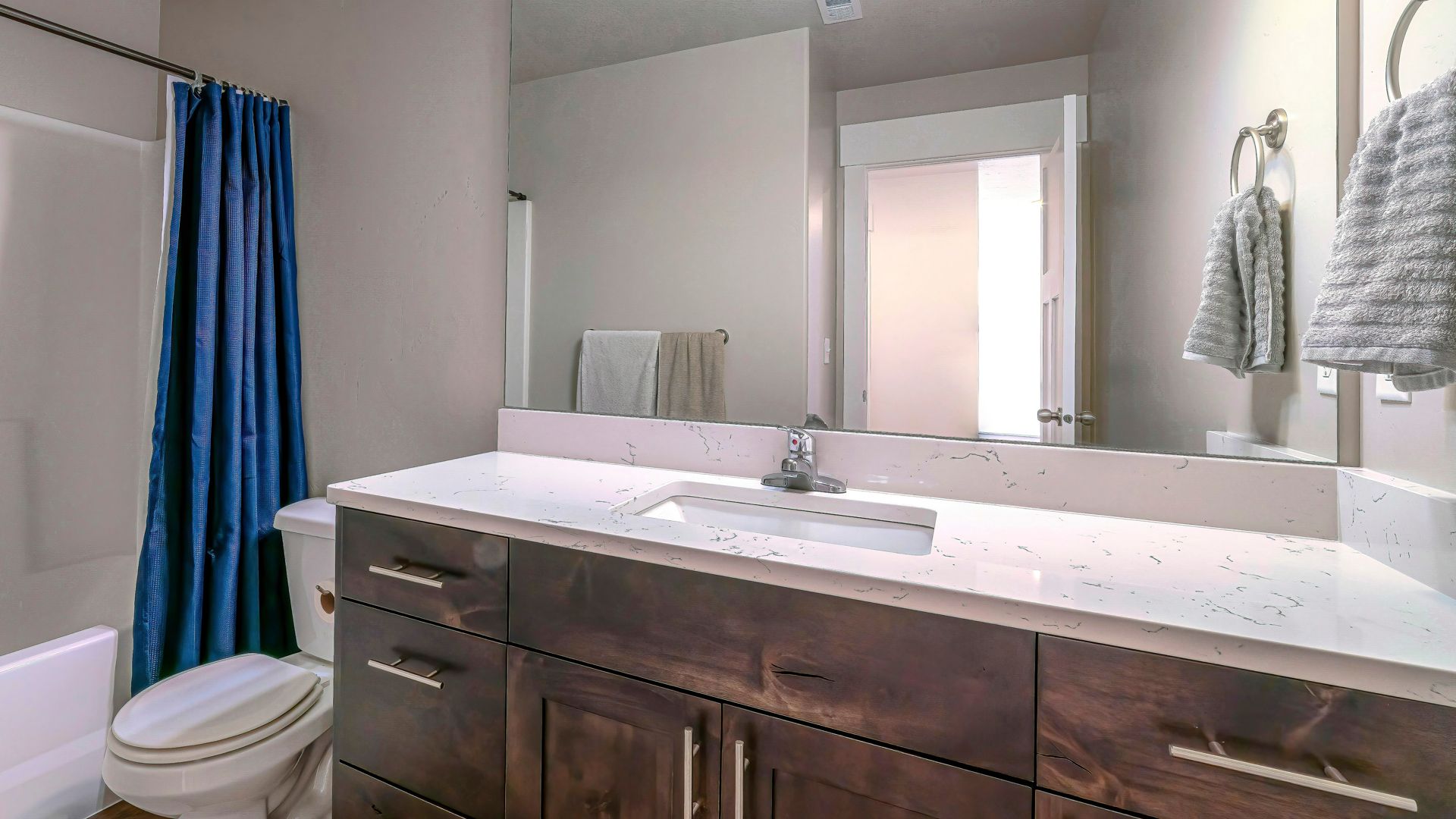Your water heater is one of the most essential appliances in your home—yet how much do you really know about it? When your system is working as it should, you probably don’t even think about it. Of course, when it breaks down and you wake up to a cold shower, that’s a whole different story. At A-TEMP Heating, Cooling & Electrical, we offer cutting-edge water heater services to ensure that your household is always comfortable. That’s why we’re answering your top five water heater FAQs. Keep reading for what you need to know, and remember that for all your water heater repair and installation needs, you can always contact our experienced experts at A-TEMP Heating, Cooling & Electrical
How Many Different Types of Water Heaters Are There?
The basic answer to this question is that there are two main types of water heaters: traditional tank water heaters and tankless systems. Traditional water heaters store your water in a tank, warming it up again and again every time you turn on the tap. Tankless systems, meanwhile, heat water as it travels from a pipe to your tap. Granted, there are also hybrid systems, and it is worth remembering that even within these two main water heater types, there are important distinctions to be made based on fuel source (i.e. natural gas, oil, electricity, etc.) However, when someone asks you want kind of water heater you have, they’re generally trying to find out whether you have a traditional or tankless system.
Which Type of Water Heater Is Better?
This is a complicated question to answer, because it really depends entirely on your household’s needs. Traditional water heaters continue to be extremely popular because they are affordable to install and tend not to cost much to repair if something breaks down. Tankless systems, on the other hand, are much more expensive, and can be extremely costly to fix if an issue should occur. However, tankless systems do possess several distinct advantages. For one, they rarely break down, and tend to last longer than traditional water heaters. They are also small in size, making them easy to fit into multiple spaces. And perhaps most important of all, tankless systems are extremely energy-efficient, as they do not have to expend electricity heating your water over and over again. For this reason, a tankless system may save you more on your energy bill in the long-run. Plus, to top it all off, tankless water heaters supply a continuous supply of hot water on-demand!
What Size Water Heater Is Right for My Home?
The general rule of thumb when installing a tank water heater is the bigger the household, the bigger water heater tank you will need. A home with only one or two people, where the water heater does not get a ton of use, can usually get by with a tank that holds 20-30 gallons. For households, with 2-4 people, a tank of 30-40 gallons is usually necessary. For 4-5 people, you will want a tank thank holds at least 50-
60 gallons if not more. And for a family of five or more, the general rule of thumb is to install a water tank that holds at least 80 gallons.
Tankless systems, as mentioned above, are all fairly small, so you will want to look for the flow rate rather than the actual size when installing one. Measured in GPM, or gallons per minute, you will need a higher GPM the larger your household is. Traditionally, tankless systems have not been as popular in smaller homes, and were not able to keep up with the hot water needs of larger families. But thanks to advancements in modern technology, many tankless systems are now designed to accommodate large and small homes alike.
When Is It Time to Replace My Water Heater?
Traditional tank water heaters usually last around 10 years—15 at most, and that’s with regular maintenance and repairs (electric water heaters also usually last longer than gas ones.) The average tankless system will work for around 20 years, give or take. You can usually find the age of your water heater by looking for the serial number, which will be located on the unit, and matching it with the manufacturer’s specifications. In addition to age, common signs that it’s time to upgrade your water heater include loud noises, funny-looking, smelling or tasting water, steadily rising energy bills, and consistent inability to provide the hot water you need.
How Do I Get the Most Out of My Water Heater?
To increase your water heater’s lifespan, you should perform several routine maintenance tasks, such as flushing your water heater tank out once or twice a year (this is assuming you have a traditional water heater; tankless systems also occasionally need to be flushed out but this is a more complicated process for which you will have to hire a technician.) You should also check the anode rod periodically (the component in your water heater that prevents rust and sediment build-up in the tank,) changing it whenever it gets worn out. You may need to do this more or less depending on whether you live in an area with hard, minerally water. To reduce hard water in your home, it is a good idea to install a water softener/filtration system. In addition to providing you with cleaner, better-tasting water, this will also prevent your water heater tank as well as other parts of your plumbing system from wearing down faster. Beyond that, the best way to help your water heater last as long as possible is simply to schedule regular inspections and tune-ups with a qualified technician.
To request a water heater tune-up with A-TEMP Heating, Cooling & Electrical, dial (503) 694-3396now, or just contact us online. Remember, we are always here for your water heater needs!

